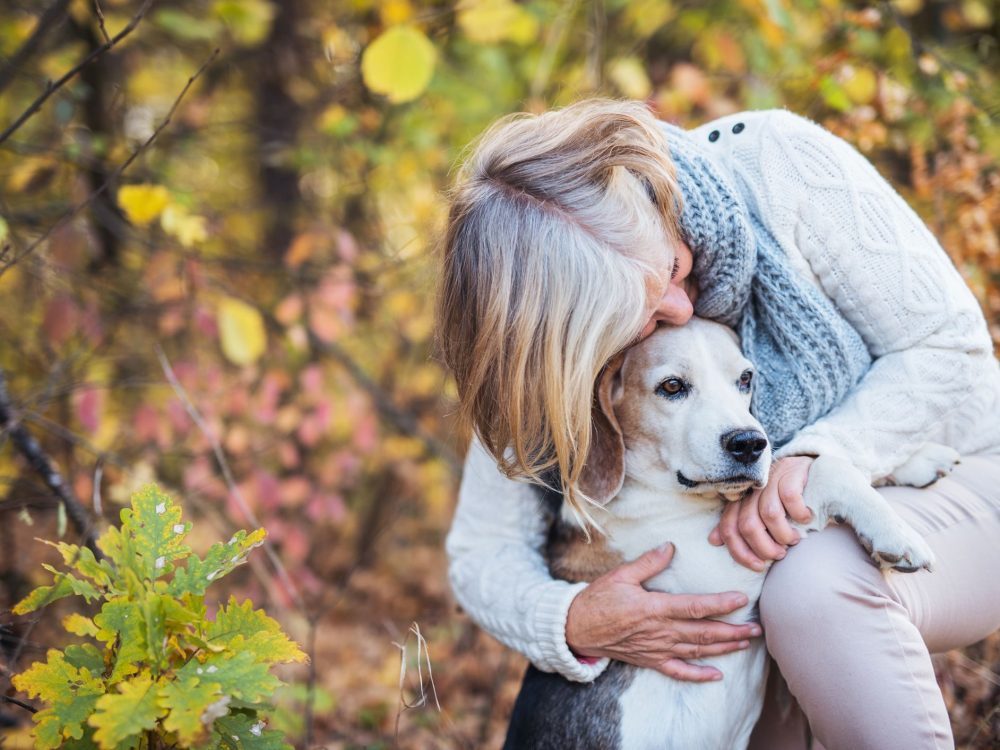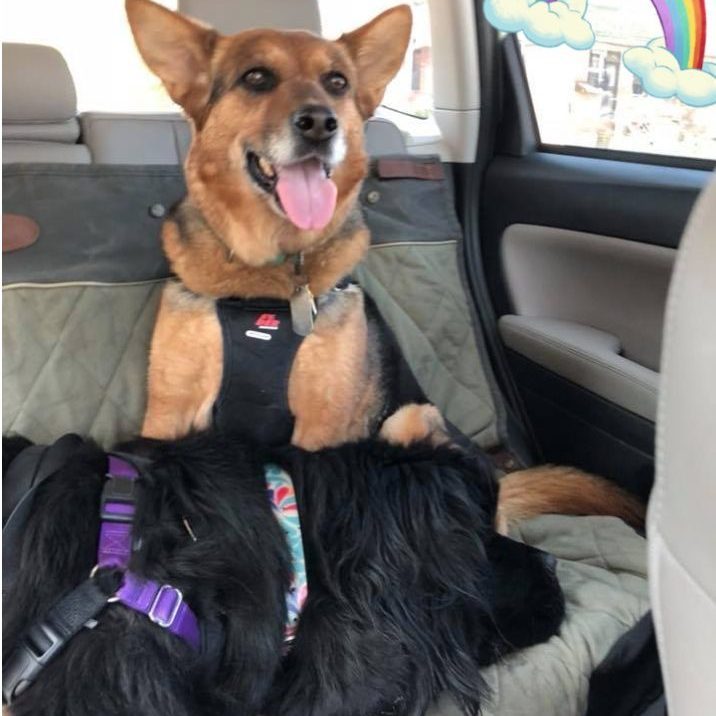 Are you, your partner, and your vet on the same page when it comes to caring for your elderly animals?
Are you, your partner, and your vet on the same page when it comes to caring for your elderly animals?
Some months, fate intervenes and somewhat writes this column for me. This was one of those months. My partner and I have two very old cats (16-year-old littermates) and last week we took them to see our vet for just a little checkup. Nothing major was discovered, but let’s just say even though we think of them as kittens, these cats aren’t spring chickens anymore. While nothing came up that was unusual for cats of their advanced age, and nothing dire was discovered at least for this vet trip, some of the news we received definitely started some difficult conversations in our house that will probably feel familiar to other families with elderly pets.
Since the vet trip, we’ve been having a lot more conversations about our own ethics and values around medical interventions for our pets and the kinds of decisions that we think we will be choosing to make when their health conditions become more serious.
Hardest of all, we have started to discuss what decisions we will be making if the time comes that we have to choose euthanasia for them, and what we want to have done with their earthly remains.
Like many queer families, we have a blended assortment of furry kiddos. My partner and I have been together for nearly 12 years, and three of our pets came into the relationship with us – my partner’s two aforementioned now 16-year-old cats, and my now 14-year-old Chihuahua mix. Over the years, we’ve also added a now 5-year-old rescue dog, and a 2-year-old cat. We think of our pets, including the ones who were with us when we got together, as belonging to both of us, but there’s no denying that there is a unique bond that comes from sharing your life with an animal for so long. While we are one big happy family (usually with the seven of us all piled into the bed together or sprawled across the living room couches) my partner has a unique relationship with the elder cats, just as I have a closer relationship with my little old dog. For us, that means agreeing that we will take the lead on decision-making for the animals we are closer to.
We’re lucky that time has been on our side, and I recommend that couples start having these hard conversations before they have to. My partner and I are incredibly close. We talk about the pets all the time, and yet there were details about the eventual decision my partner wants to make about the cats’ remains that came as a surprise to me! That moment really highlighted the importance of not assuming you know how your partner feels and really talking through all the details. They aren’t fun conversations to have, but they are important.
As part of those hard conversations, it’s important to be sensitive to the different relationships you and your partner might have with the pet in question, either in terms of the length of time they have been in each other’s lives, or based on bond. As with any blended family, you and your partner have to decide together who has more say in the decisions. For us, even though we make all medical decisions about our pets jointly, the person who brought the pets into the relationship has the final say on medical interventions, and will make the end of life decisions. With the pets that we have adopted together, the decisions are much more equally weighed.
Thankfully, my partner and I have really similar opinions about veterinary intervention for our furry kids and end of life choices for them. As your pets age, it’s also important to be sure that not only are you and your partner on the same page, but that your vet is. Ask lots of questions and make the decision that is right for your pet, which may or may not involve chasing the newest and most advanced diagnostic tests or imaging. Only you know what’s right for your pet. In addition to making sure that your vet respects the decisions you make as the guardian of your pet, it is most essential that your vet respects your family.
Early in our relationship, my partner and I had to put one of my dogs to sleep, and at the vet clinic the staff were incredibly rude to us. The homophobia from clinic staff made an already painful day much worse and pulled our attention away from goodbyes with our dog. We learned a lot from that encounter and now only take our pets to veterinarians whose offices are explicitly LGBTQ-friendly and who have no issue with listing both of us as guardians on all medical records. The last thing you want to have to deal with as you have an ageing pet is to have your vet hassle you about your right to make medical decisions about a pet, or refuse to let your partner pick up medication for you pet.
How do you and your partner handle making medical decisions for your pets?

